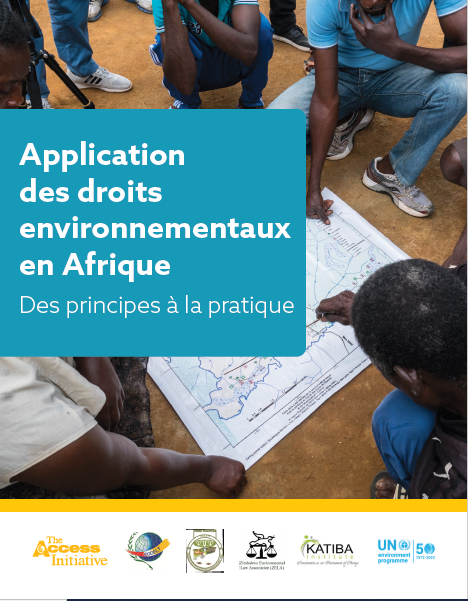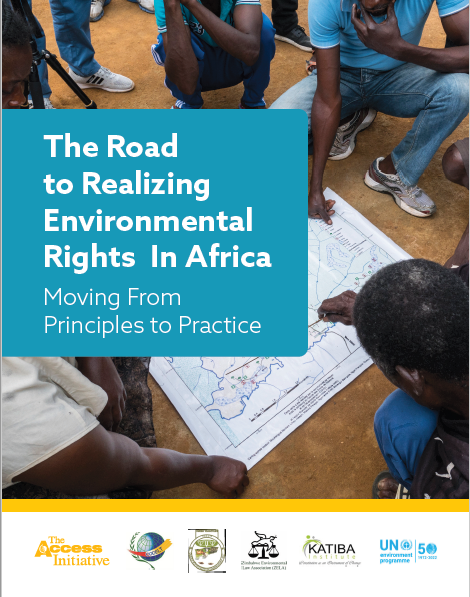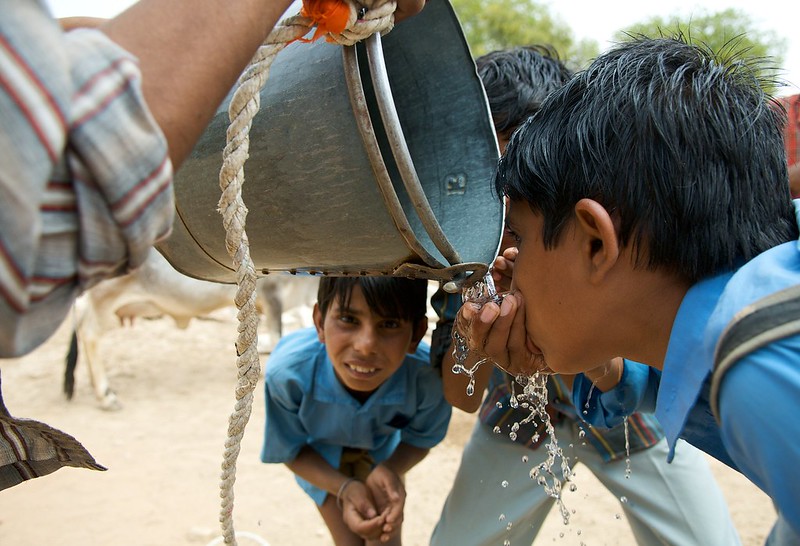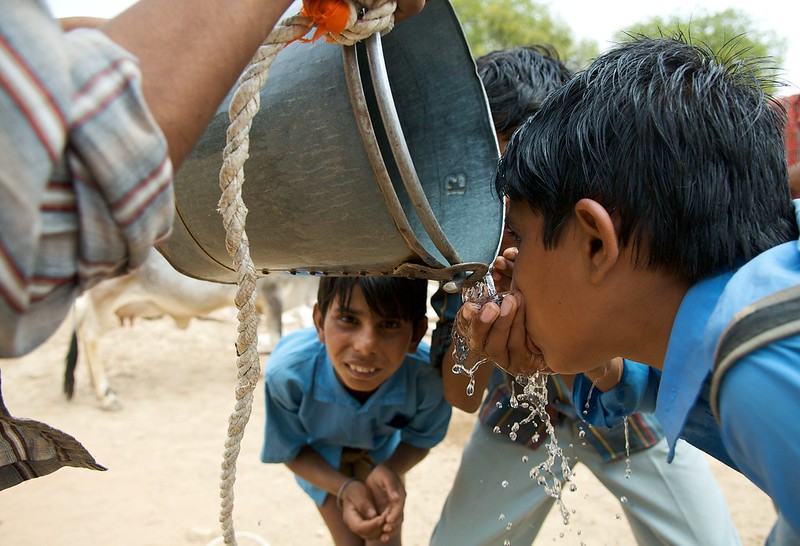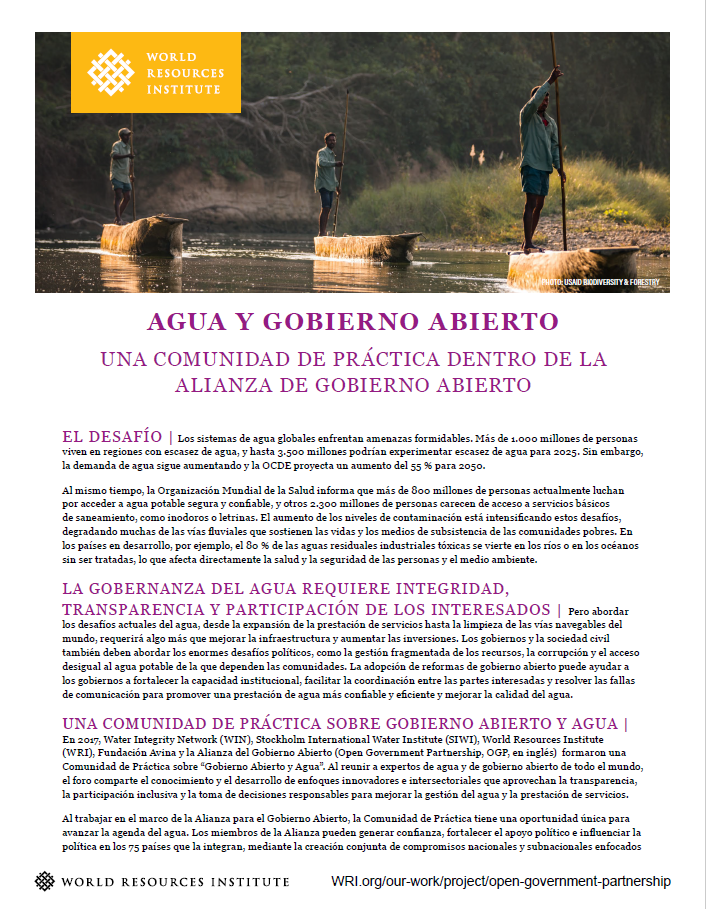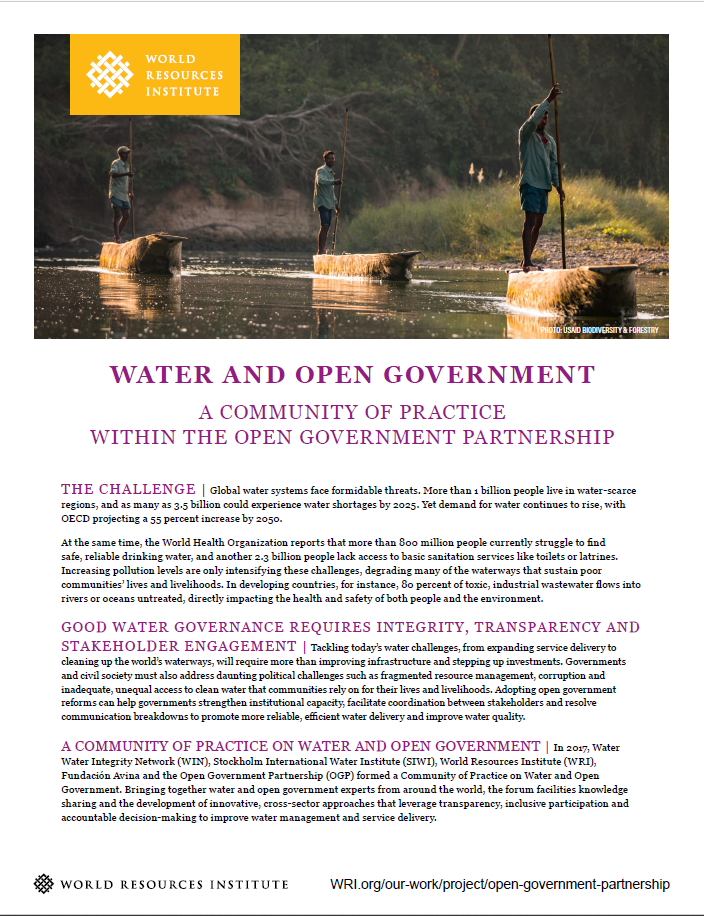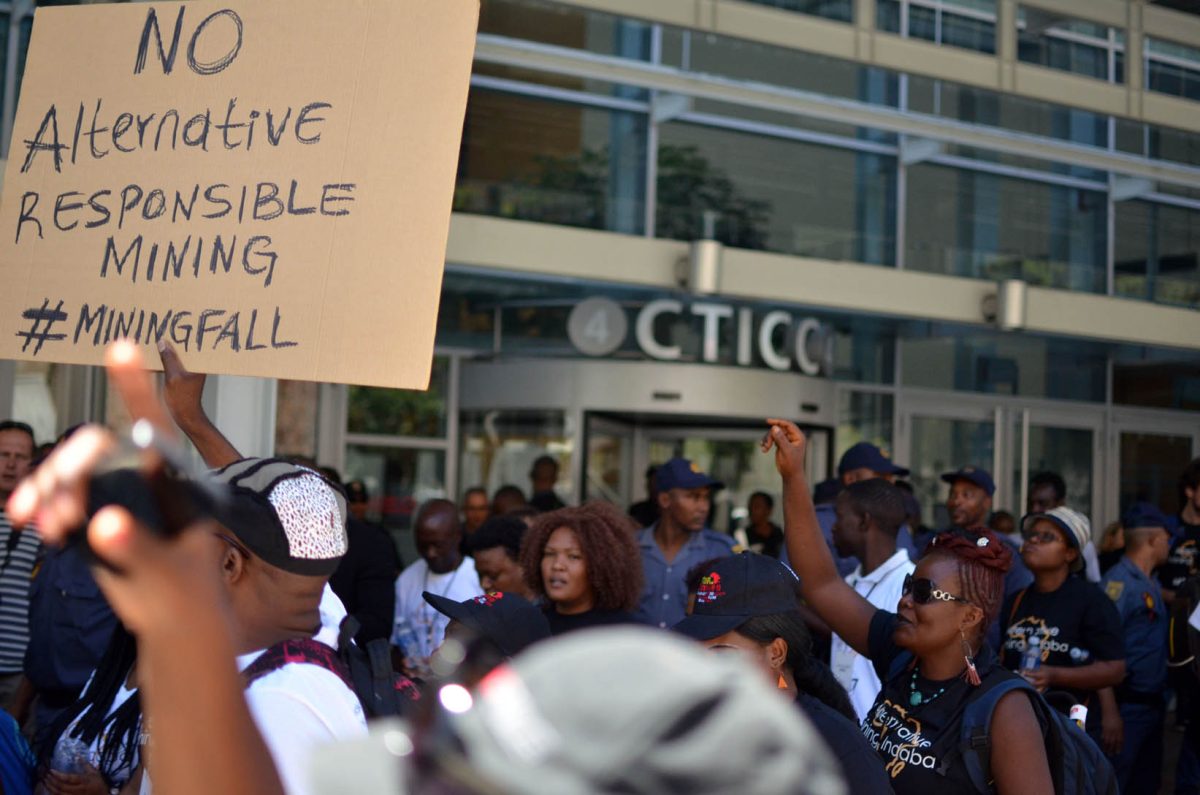WRI et The Access Initiative Africa ont lancé le projet sur les droits environnementaux en Afrique pour étudier la faisabilité et les options de voie pour améliorer la reconnaissance et la mise en œuvre effective des droits environnementaux en Afrique et soutenir l’élaboration d’une feuille de route pour l’action. Ce rapport présente notre évaluation initiale et nos recommandations basées sur un niveau élevé de cartographie des accords, des lois et des décisions de justice sur les droits environnementaux à travers l’Afrique et des études de cas détaillées en République démocratique du Congo (RDC), au Ghana, au Kenya et en Afrique du Sud.
